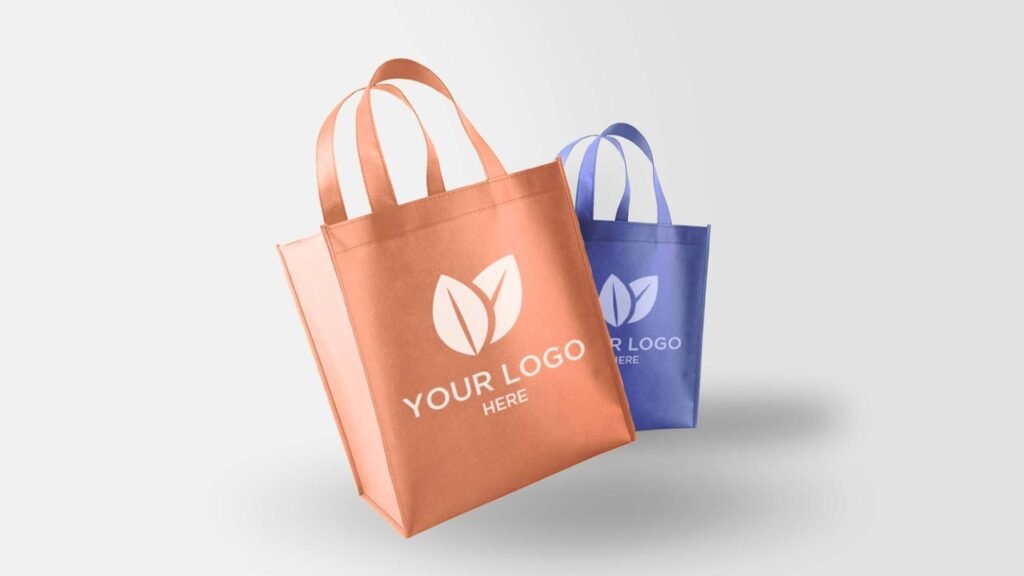Recycling and Reusing Non-Woven Bags Effectively
Recycling and reusing non-woven bags is not only environmentally responsible but also economically beneficial. These bags, made from polypropylene fibers, are durable and versatile, making them ideal for multiple uses. However, to maximize their lifespan and minimize waste, it’s essential to understand the best practices for recycling and reusing non-woven bags. In this article, we’ll share practical tips on how to effectively recycle and reuse these bags, ensuring that they serve their purpose while reducing your environmental footprint.
Understanding the Importance of Recycling Non-Woven Bags
The first step in recycling and reusing non-woven bags effectively is understanding why it matters. Non-woven bags are made from synthetic materials, which, if not properly disposed of, can contribute to pollution. By recycling these bags, you help reduce the amount of waste that ends up in landfills. Additionally, recycling conserves resources by allowing the materials to be repurposed into new products. This not only helps the environment but also supports the sustainable use of resources.

Cleaning and Maintaining Your Non-Woven Bags
To maximize the effectiveness of recycling and reusing non-woven bags, it’s important to keep them clean. Regular cleaning prevents the buildup of dirt and bacteria, making the bags safer for repeated use. Wash them gently with mild soap and water, and let them air dry completely before storing. Proper maintenance extends the lifespan of the bags, reducing the need to purchase new ones and minimizing waste. This simple practice contributes to more sustainable use of non-woven bags.
Creative Ways to Reuse Non-Woven Bags
Reusing non-woven bags creatively is a great way to extend their life and reduce waste. One effective method is to repurpose these bags for different needs. For example, you can use them as storage bags for groceries, toys, or even as organizers in your car. Another idea is to use them as gift bags, adding a personal touch to your presents while also being eco-friendly. The more you find new uses for your non-woven bags, the less you contribute to environmental waste.
Participating in Local Recycling Programs
Another key strategy in recycling and reusing non-woven bags is participating in local recycling programs. Many communities have established drop-off points where you can recycle your used non-woven bags. These programs ensure that the materials are properly processed and repurposed, contributing to a circular economy. By actively participating in these initiatives, you not only recycle your own bags but also support community-wide efforts to reduce waste.
Educating Others on Recycling Non-Woven Bags
Promoting awareness about recycling and reusing non-woven bags is essential for widespread impact. Share your knowledge with friends, family, and coworkers, encouraging them to adopt these practices. Educating others can lead to collective action, making a bigger difference in reducing waste. You can also engage with local schools or community groups to organize workshops or information sessions about the benefits of recycling and reusing non-woven bags.
Upcycling Non-Woven Bags for Craft Projects
Upcycling is a creative way to reuse non-woven bags by transforming them into new, functional items. You can turn old bags into reusable lunch bags, storage containers, or even decorative items like wall art or plant holders. Upcycling not only reduces waste but also gives you unique, personalized items that can’t be bought in stores. This approach to recycling and reusing bags adds a fun and creative dimension to sustainability efforts.
Supporting Businesses that Promote Reusability
When you purchase non-woven bags, consider buying from businesses that promote reusability and offer recycling programs. Many companies are now recognizing the importance of sustainability and are offering products designed for long-term use. By supporting these businesses, you contribute to a market demand for environmentally friendly practices. This also encourages other businesses to adopt similar approaches, further promoting the recycling and reusing of non-woven bags.
Recycling Non-Woven Bags Through Specialized Facilities
If your local recycling program doesn’t accept non-woven bags, look for specialized facilities that do. Some companies specialize in recycling materials like polypropylene, ensuring that your bags are processed correctly. This option is particularly useful if you have a large number of bags to recycle. By using these facilities, you can be confident that your efforts in recycling and reusing bags are effective and contribute to environmental sustainability.
Conclusion
In conclusion, recycling and reusing bags effectively is a practical and impactful way to support environmental sustainability. By understanding the importance of recycling, maintaining your bags, and finding creative ways to reuse them, you can significantly reduce waste. Participating in local recycling programs, educating others, and supporting businesses that promote reusability are all essential steps toward making a positive difference. When done right, recycling and reusing non-woven bags not only benefits the environment but also encourages a more sustainable lifestyle.



